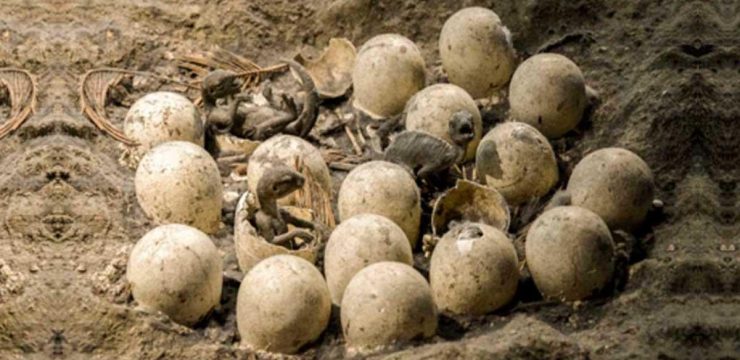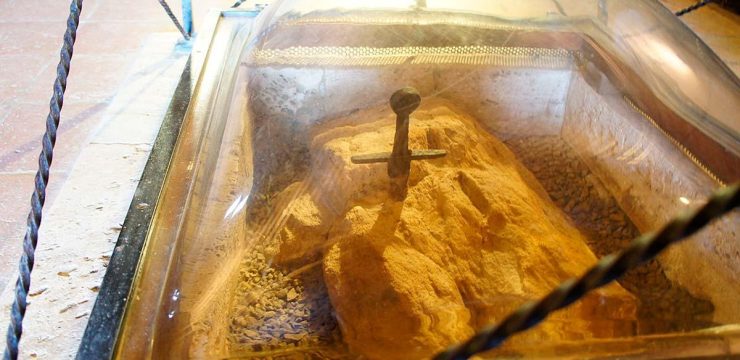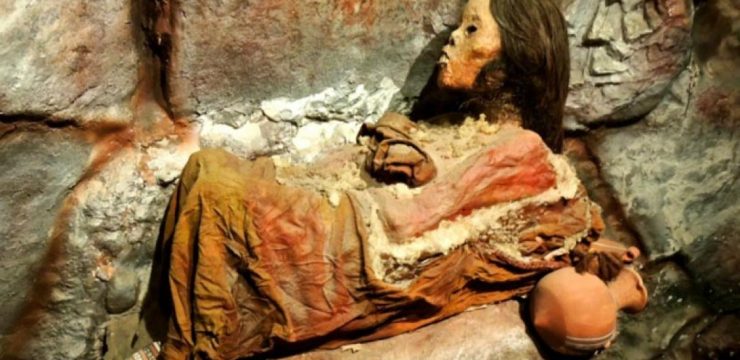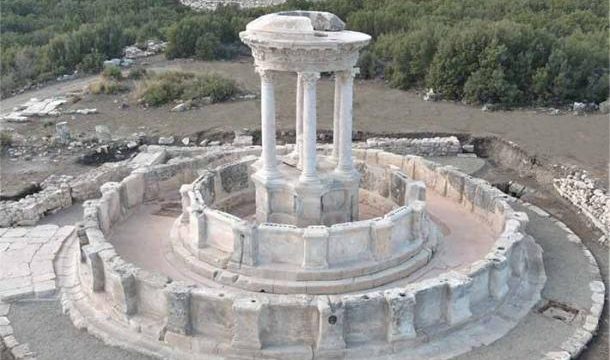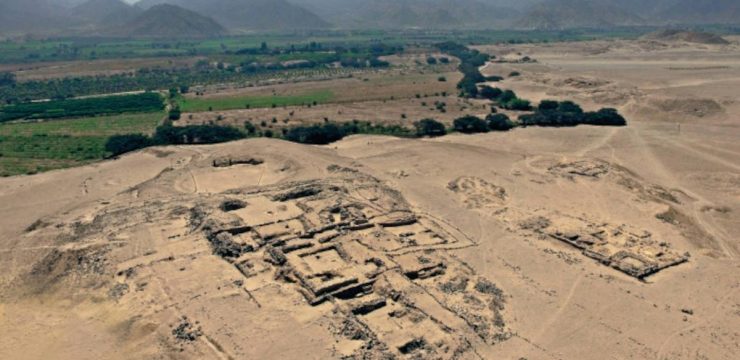Thutmose III stands as one of the most extraordinary rulers in ancient Egyptian history, reigning from 1479 to 1425 BCE. Initially, he shared the throne with his stepmother, Hatshepsut, who served as his regent and later co-ruler. However, upon her passing, he assumed full control of the kingdom and transformed Egypt into an unparalleled military force while also fostering immense cultural and economic growth. His reign not only marked a period of great military conquests but also a golden era of architectural advancements and economic prosperity. His achievements secured his legacy as one of the most influential figures of the ancient world, setting the stage for Egypt’s dominance in the region for generations to come.
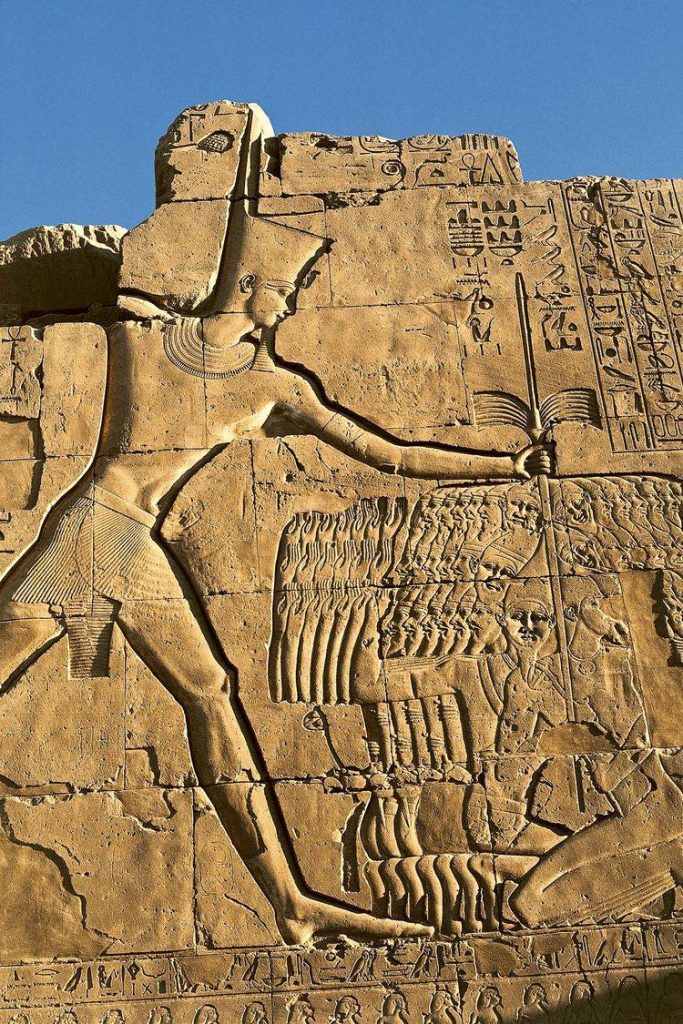
A Military Genius: Thutmose III’s Unmatched Campaigns
Thutmose III was an exceptional military strategist whose campaigns significantly expanded Egypt’s influence. Over the course of his rule, he conducted 17 recorded military campaigns, extending Egypt’s control far beyond its traditional borders. His ability to plan and execute complex military strategies made him one of history’s greatest tacticians. His success on the battlefield was not merely due to superior numbers or weaponry but rather his keen understanding of logistics, strategy, and the element of surprise.
One of his most notable achievements was the successful campaign against the city of Megiddo. This battle was a turning point that reshaped the balance of power in the ancient Near East. By leading his army through an unexpected and narrow mountain pass, he took his enemies by surprise, allowing his forces to encircle and defeat them decisively. The victory at Megiddo ensured that key trade routes fell under Egyptian control and cemented Egypt’s position as the dominant power in the region.
Thutmose III’s military conquests did not stop with Megiddo. He led campaigns deep into the Levant, Nubia, and even parts of Mesopotamia, making Egypt the most powerful empire of its time. His ability to govern these newly acquired territories effectively further demonstrated his strategic mind, as he established a system of loyal vassal states that paid tribute to Egypt, ensuring a continuous flow of wealth into the kingdom.
A Visionary Beyond the Battlefield
Although his military triumphs were remarkable, Thutmose III was far more than just a warrior. He was a visionary ruler who understood the importance of culture, economy, and governance in sustaining an empire. His reign saw significant investments in architecture, trade, and the arts, helping Egypt flourish as a cultural and economic powerhouse.
One of his most enduring legacies is his contributions to Egyptian architecture. Thutmose III commissioned extensive additions to the Karnak Temple Complex, one of the most significant religious sites in ancient Egypt. Among his greatest contributions was the construction of the Festival Hall, which served as a space to commemorate his military victories and reinforce the divine authority of the pharaoh. These architectural projects not only glorified his reign but also provided employment and stimulated economic growth.
The Economic and Cultural Flourishing of Egypt
Thutmose III’s military successes brought unprecedented wealth into Egypt. Tribute from conquered territories filled Egyptian treasuries, allowing for large-scale temple constructions, infrastructure development, and the advancement of art and literature. His policies promoted trade with foreign regions, bringing exotic goods such as rare woods, spices, and precious metals to Egypt. This economic expansion made Egypt a hub of international commerce and cultural exchange.
Furthermore, his reign saw advancements in artistic expression. The influence of foreign cultures introduced new artistic techniques and styles, blending traditional Egyptian motifs with elements borrowed from surrounding civilizations. Temples and monuments built during his rule were adorned with intricate reliefs depicting his victories and divine authority, reinforcing his legacy as a god-like figure among his people.
A Lasting Historical Impact
Thutmose III’s reign represents a golden age in Egyptian history, one that combined military strength with cultural sophistication and economic prosperity. Unlike many conquerors who focused solely on territorial expansion, he ensured that his empire remained stable and thriving through careful governance and diplomatic relations. His ability to balance warfare with statecraft made him one of the most well-rounded rulers of his time.
His leadership transcended immediate military conquests, laying the foundation for Egypt’s long-standing dominance in the ancient world. He pioneered methods of governance that would be used by subsequent pharaohs, ensuring that Egypt maintained its status as a superpower for centuries after his death. Today, historians regard him not just as a warrior king but as a brilliant strategist and a patron of civilization.
His legacy continues to inspire discussions on leadership, strategy, and empire-building. The lessons from his reign remain relevant in modern studies of history, warfare, and governance. Thutmose III’s ability to blend military might with cultural and economic advancements makes him a timeless figure, remembered as one of Egypt’s greatest and most visionary rulers.
